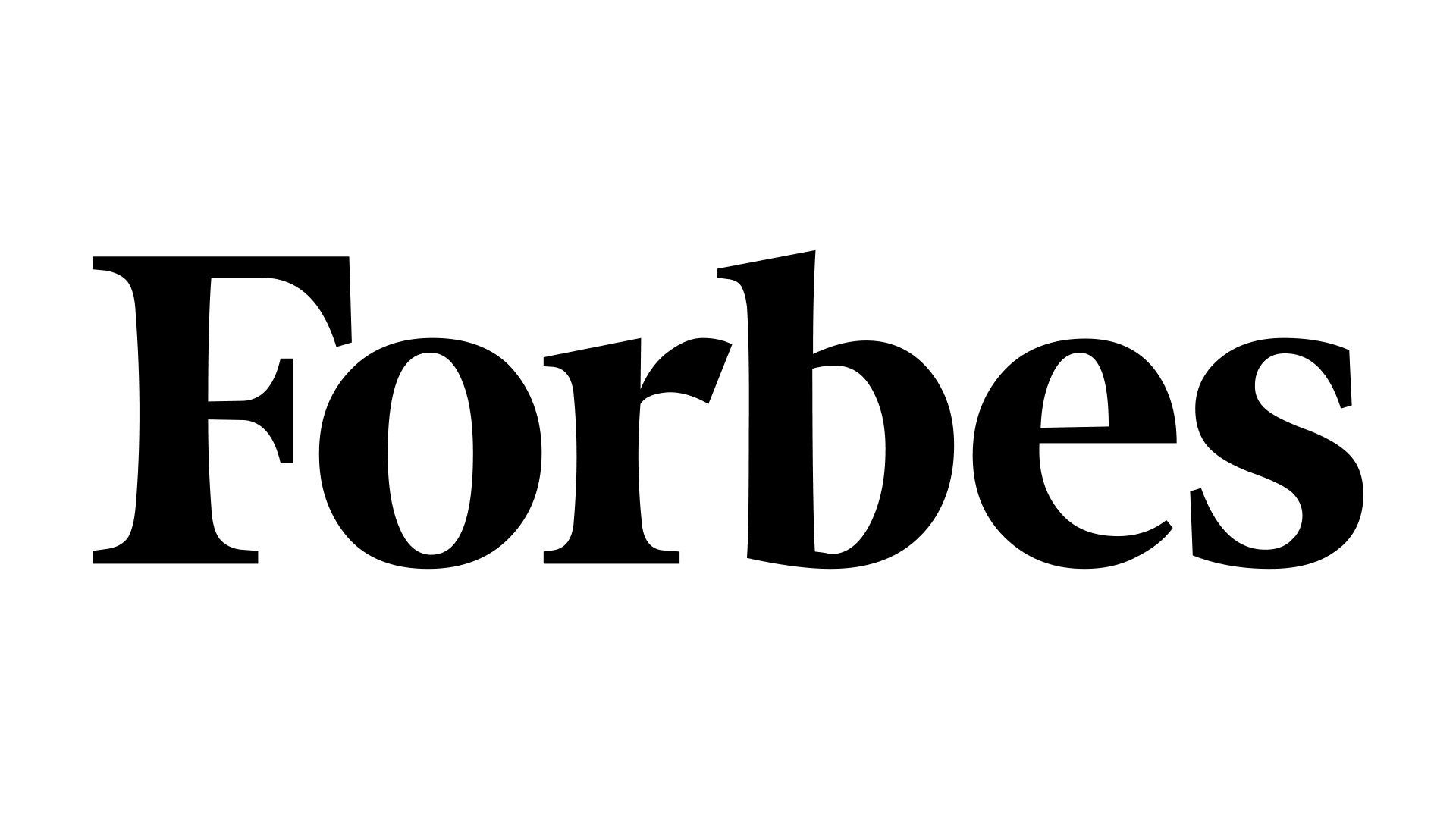RESOURCES
Recognition is About Emotions. Many leaders believe that compensation, benefits, or other company sponsored recognition programs are sufficient. While it is true that all of these are necessary components of a successful organization, the key difference in a thriving recognition program is Emotional Intelligence.
Soft skills, such as collaboration, critical thinking, perseverance, and communication, help people prosper at work. Think of it this way: A talented graphic designer might wow people with her creations, but if she constantly misses deadlines or doesn't listen to feedback—leading to costly project delays or upset clients—her career might stall.
Everyone needs a coach -- someone to help them fully develop and apply their strengths. As individuals, our strength in that we were born different, understanding these differences can help reach our greatest potential.
While we all want more productive, high-development cultures, we just don't know where to start. Gallup found that managers report higher stress and burnout than the people they manage. The practice of management really is broken, so let's rethink the normal managing strategies.
Businesses are facing a staggeringly high quit rate -- 3.6 million Americans resigned in May alone -- and a record-high number of unfilled positions. People are calling it the "Great Resignation," and as the Gallup data show, it's not an industry, role or pay issue. It's a workplace issue -- because the highest quit rate is among not engaged and actively disengaged workers.
Make engagement central to your business strategy. Engaged employees perform better and differentiate you from your competitors.
Gratitude has always been important for leaders, in this post-Covid era it may be the most essential thing you can do right now. In the ever-tighter talent market, hanging on to great people is everything. When it comes to retention, gratitude is the most powerful tool available—far more so than money.
Healthy employees are happier and show higher rates of job satisfaction. Engaged employees show up to work with a bounce in their step and are less vulnerable to stress, a significant driver of poor health.






